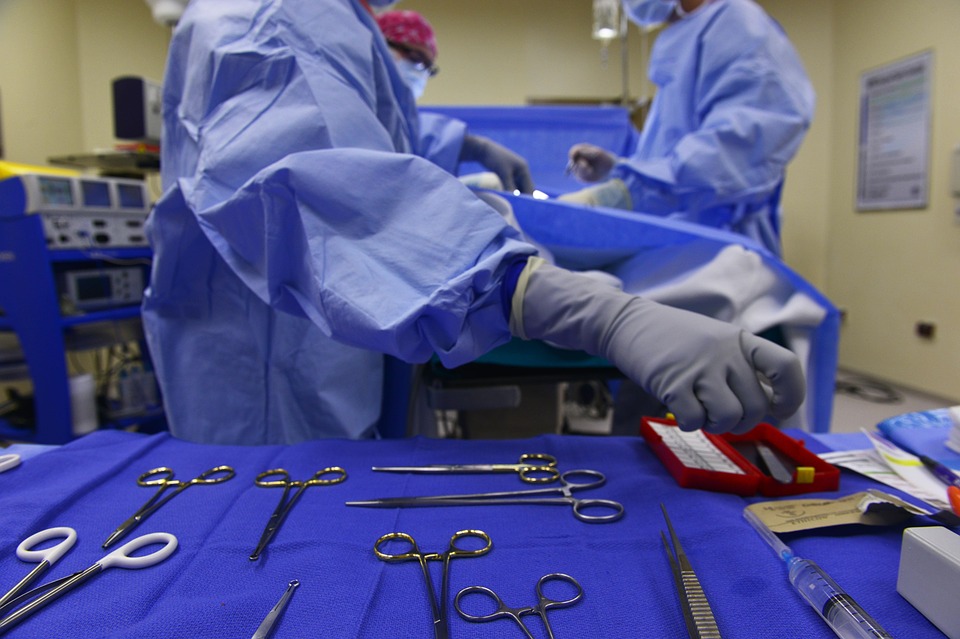LASIK stands for laser in-situ keratomileusis, which is a popular surgery performed on those individuals who need vision correction. Typically, these are those who suffer from astigmatism, nearsightedness, or farsightedness. In this kind of surgery, the eye surgeon will be reshaping your cornea. As a result, the light will focus on the retina in the back of the eyes.
For those of you who has to read this while wearing eyeglasses, you’d understand by now that having a LASIK surgery done is, indeed, going to be a life-changing experience. How nice would it be to finally see the world from a set of better eyes? But, before feeling this positive change in your life, it’s very important to arm yourself with everything you need to know about getting a LASIK surgery such as the cost of lasik, possible side effects, and how the procedure is done. This article gives you a breakdown.
1. Your Surgeon
Of course, the hands that you entrust your eyes to are a vital consideration. Surely, you wouldn’t want to have a botched LASIK surgery; else, you might just suffer dire consequences. Worse, you might go blind.
Looking for the right eye surgeon to perform your LASIK surgery is of utmost importance. Don’t rush this process as you should put a premium on experience. That way, you can rest, knowing that your LASIK procedure will go well. had previously had previously undergone LASIK surgery.
With technology, you’ll find that there are also many qualified eye surgeons that now have their own websites, such as Quigley Eye, which is comprised of a group of trusted eye doctors. It’s a must to check the feedback section, if there’s any. You’ll also want to look for certificates, diplomas, further training, or any accolade the eye surgeon has.

2. Your Doctor’s Pre-Surgery Instructions
The success of your LASIK surgery doesn’t just solely depend on your eye surgeon. You also have a major role to play, particularly in the preparation before your surgery. Whatever set of instructions your doctor gives you as part of the preparation process, you should strictly comply with it strictly.
For example:
- If you wear contact lenses every day, you may be asked to stop using them on the days leading to your LASIK procedure.
- If you have any past or present eye or medical condition, be sure that you’re transparent with your doctor about this.
- If you’re taking any medications at present or if there’s any type of medication you’re allergic to, you’ll also have to inform your doctor.
3. Your Expected Results
One of the most common misconceptions about LASIK surgery is that it’ll give you a perfect 20/20 vision. While most patients will have 20/20 vision after their procedure, this isn’t guaranteed for everyone. So, you should keep your expectations at bay.
Most importantly, stay away from a doctor that assures you of a 20/20 vision as they may only be overpromising.
4. Your Pre-Day Preparations
Among all the kinds of preparation you’ll have to make, that one the day right before your LASIK surgery is the most important.
During this time, you should stop using any makeup, lotion, cream, and even perfume. These can leave residue on the eyelashes, no matter how you wash your face. A residue of any of those may increase the infection risk during and after your surgery.
5. Potential Risks
LASIK surgery has a reputation of being a safe procedure. But, remember that this, still, is a surgery. So, the possible risks are still there, despite this being quick and safe.
Complications are very rare, but it’s important that your doctor is transparent about these possibilities so you’ll know what to expect. For instance, post-surgery, you can determine whether or not any discomfort is, still, considered as normal, or if it’s already a cause for concern.
Three of the most common risks associated with LASIK surgery are under- or over-correction, inflammation, and infection.

6. Your Companion Or Going-Home Arrangement
While LASIK surgery is quick and you can go home on the very same day of the procedure, this doesn’t mean that you should go alone. It’s best to have a companion so you’ll be safe on the way home after.
Right before the surgery, your doctor may give you a medicine to help you relax. This may impair your ability to drive after, which means your vision may, still, be blurry. Because of this, it’s best to have someone accompanying you to go home after your surgery.
Conclusion
Now that you have this list, this, by any means, doesn’t allow you to self-diagnose that a LASIK surgery is best for you. Especially because your eyes are a very important organ, after reading this, you should go and see an eye doctor. Don’t skimp on this process, and do make sure that you’re dealing with an expert one. A dialogue with your doctor can also give you that peace of mind that you’re well-prepared for what you should do before, during, and after your LASIK surgery.
